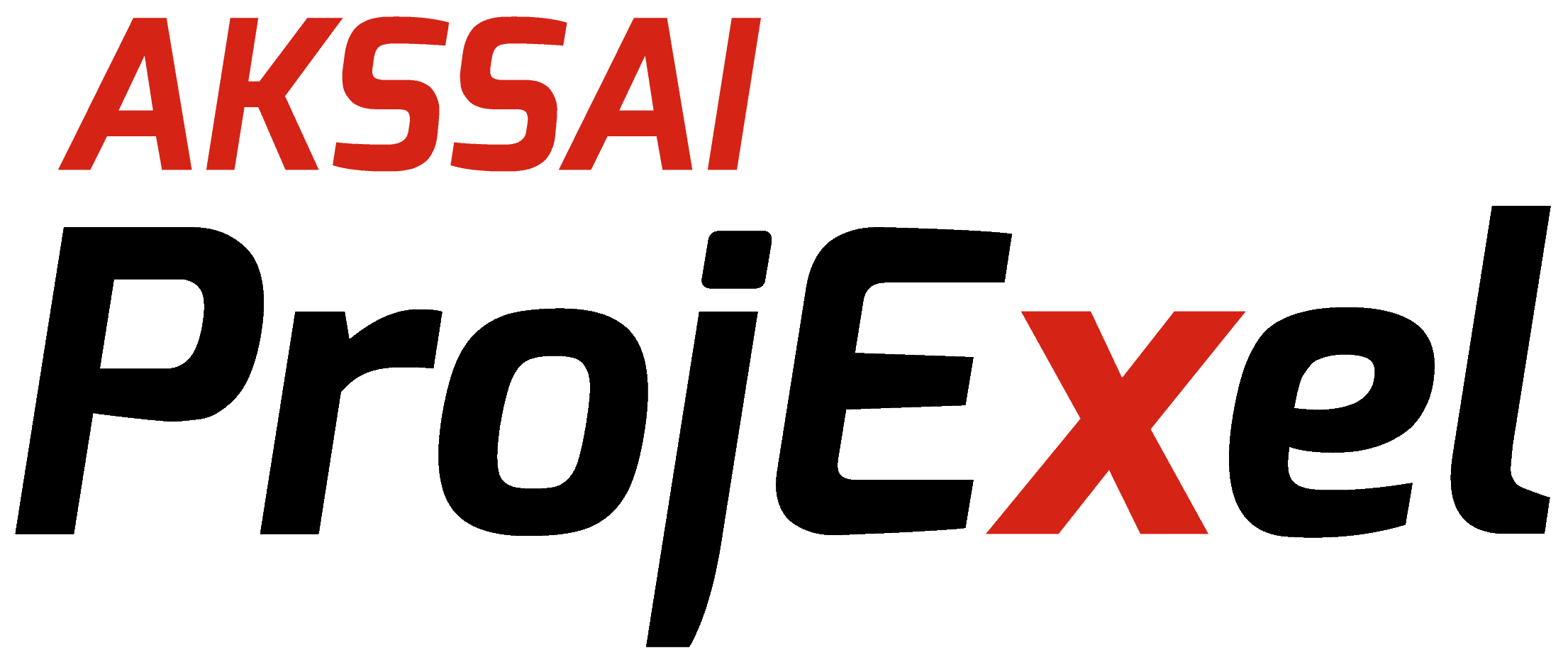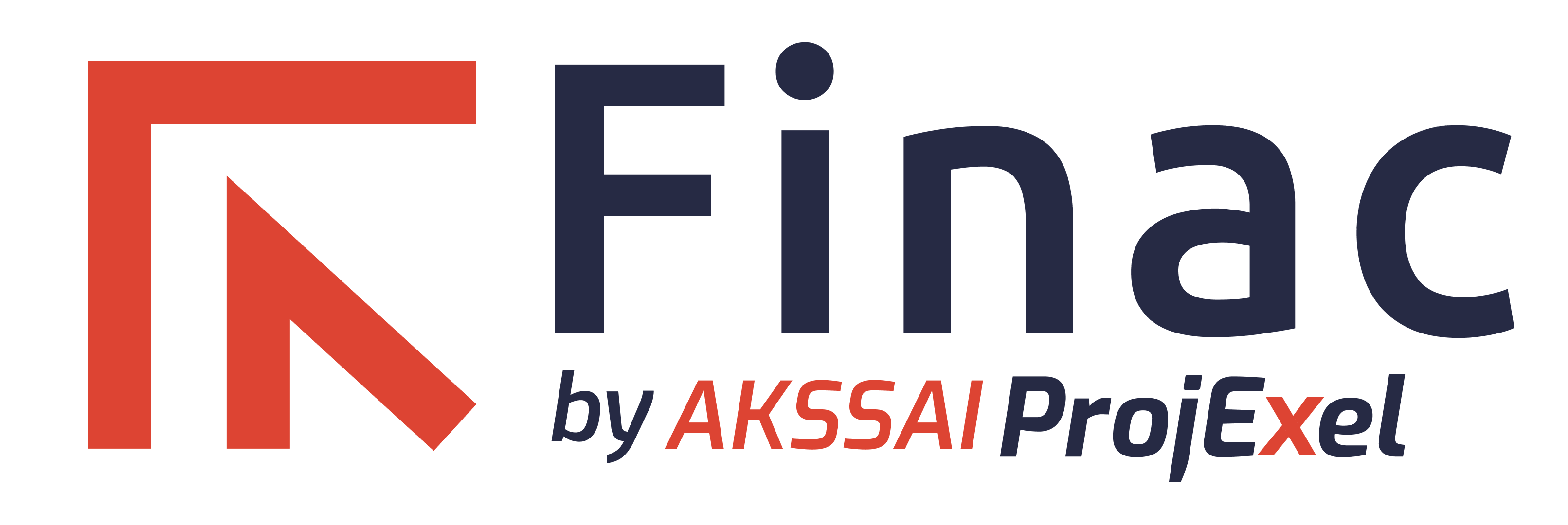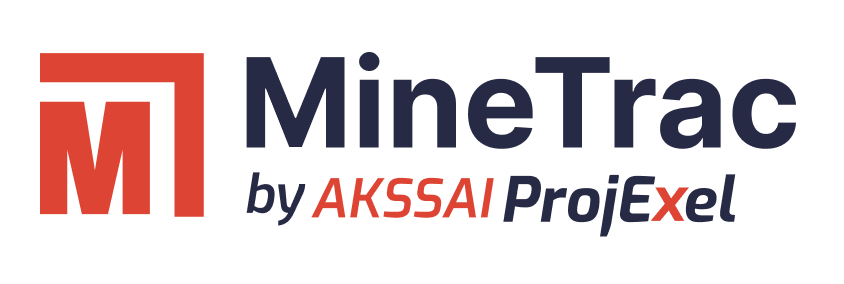Key Responsibilities:
- Infrastructure Management:
- Design, build, and maintain scalable, secure, and reliable infrastructure in cloud and on-premises environments.
- Implement Infrastructure as Code (IaC) using tools like Terraform, Ansible, or CloudFormation.
- CI/CD Pipelines:
- Develop and maintain Continuous Integration/Continuous Deployment (CI/CD) pipelines to automate build, test, and deployment processes.
- Collaborate with development teams to integrate code seamlessly into production.
- Monitoring and Incident Response:
- Set up robust monitoring systems using tools like Prometheus, Grafana, or ELK Stack.
- Respond to incidents, perform root cause analysis, and implement corrective actions.
- Containerization and Orchestration:
- Manage containerized applications using Docker and orchestration tools like Kubernetes or ECS.
- Optimize application performance and scalability within containerized environments.
- Collaboration and Communication:
- Work closely with software developers, QA engineers, and system administrators to improve workflows.
- Advocate for best practices in DevOps, including automation, testing, and agile methodologies.
- Security and Compliance:
- Ensure infrastructure and applications meet security standards.
- Implement secure access, encryption, and compliance checks.
Required Skills and Qualifications:
- Bachelor’s degree in computer science, Engineering, or related field (or equivalent experience).
- At least three years’ experience as a DevOps Engineer.
- Proven experience with DevOps tools and practices.
- Strong expertise in cloud platforms like AWS, Azure, or GCP. Azure experience is a must.
- Proficiency in scripting languages such as Python, Bash, or PowerShell.
- Hands-on experience with CI/CD tools like Jenkins, GitLab CI, or CircleCI.
- Knowledge of configuration management tools like Ansible, Chef, or Puppet.
- Familiarity with monitoring and logging tools like Splunk, Nagios, or Datadog.
- Excellent problem-solving and communication skills.
Preferred Qualifications:
- Certifications such as AWS/Azure Certified DevOps Engineer, Kubernetes Administrator, or similar.
- Experience with microservices architecture and serverless computing.
Familiarity with agile and DevSecOps methodologies.




